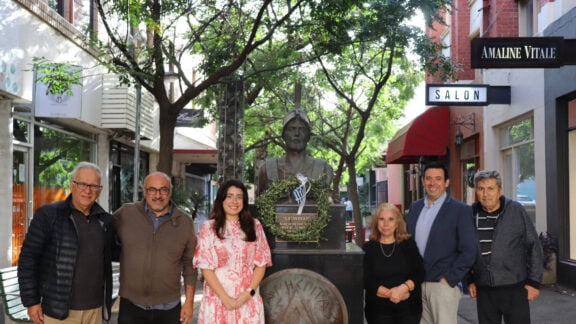After about three weeks of political bombast and grandstanding involving an attack on the states, prime minister Kevin Rudd has claimed to have achieved the conditions for ‘revolutionary’ reform of the Australian health system.
The truth of the matter is that the reform that is to be undertaken as a result of a meeting of the prime minister, the state premiers and the territory chief ministers at the Council of Australian Government (COAG) last week was the product of compromise.
The prime minister did not get what he initially said he wanted – specifically, federal control of 60 percent of the funding of health paid for by the recouping of 30 percent of GST revenue that would otherwise go to the states – and, in the process of stitching up the deal, he committed his government to many millions of dollars worth of health initiatives.
This will surely place great pressure on the federal government as it seeks to bring down its 2010-2011 budget.
The extent of Mr Rudd’s success in this endeavour is further limited by the fact that Western Australia, the only Liberal government at COAG, has refused to sign on to the reform. For a while, it looked like two other states – New South Wales and Victoria – would also refuse to sign on. Mr Rudd was able to secure the support of these potentially recalcitrant states with a tried and tested old fashioned approach to dealing with the states by offering them ever greater pots of money.
At one level, Australians will benefit from what has been going on in the wild scramble between the federal government and the states over health policy. Federal money is going to flow in to the public health system and this will relieve some of the problems that were allowed to fester under the previous John Howard-led Liberal-National government. The release of funds to address emergency waiting times and elective surgery delays are good outcomes.
Likewise, the promise to train more doctors is also a step in the right direction. One of the consequences of the way Mr Rudd went about securing his reform is that the liabilities that need to be funded by the next federal budget and the four budgets to follow have been substantially increased.
Other areas of public policy are going to have to be reconsidered with a view to making substantial savings if the government is to try to reduce government expenditure amidst an economic environment in which interest rates keep rising.
The government’s recent announcement that it would be abandoning plans to assist the roof insulation industry as well as reneging on a promise to build new child care centres was a sign of things to come.
In the meantime, the claim that what had happened at COAG represented a ‘revolution’ in public policy needs to be re-thought. There was nothing really revolutionary in the health agreement or the fact that it was stitched up after bargaining and compromises by all the government actors involved. This is the way federal-state relations are always conducted.
The implications behind the idea that the initiatives in health agreed to by COAG would be funded by the Commonwealth using GST revenue, on the other hand, do represent a dramatic change in the political landscape. The GST, of course, was a creation of the Howard government.
To secure its passage through the political process, the Howard government made two statements of principle: one, that the GST revenue would flow directly to the states, and, two, that the rate at which the GST would be levied (10 percent) would not vary unless the states agreed to any change.
Mr Rudd has overturned the first principle, reminding us once again that the GST is a Commonwealth tax and thus can be subject to variation at the behest of Canberra. By reneging on the first principle, the stage is surely set for an overturning of the second.
The pressure on the federal government to increase tax revenue to pay for all its commitments is increasing all the time. One consequence of this pressure may well be a revisiting of the rate at which the GST is levied. It may well be that Australian tax payers will have to pay more for the health reforms to come, not to mention the government’s other programs. An increase in the GST rate may well be the way in which these liabilities will be funded.
Dr Nick Economou is a Senior Lecturer in Politics at Monash University and a regular media commentator on Australian politics.








